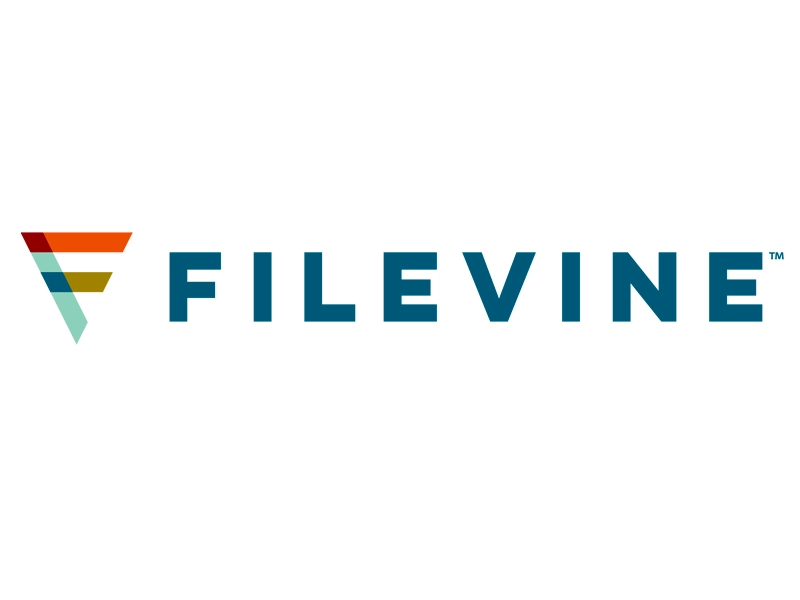Laura Yaeger Honored By American Association for Justice
Yaeger Law is proud to share that Laura Yaeger has been honored by the American Association for Justice and recognized for her outstanding contribution to the civil justice system. The American Association of Justice (“AAJ”) celebrated Laura’s achievements during the annual convention in Las Vegas. On July 13, 2021, Laura was awarded the Harry Philo Award. Read More









